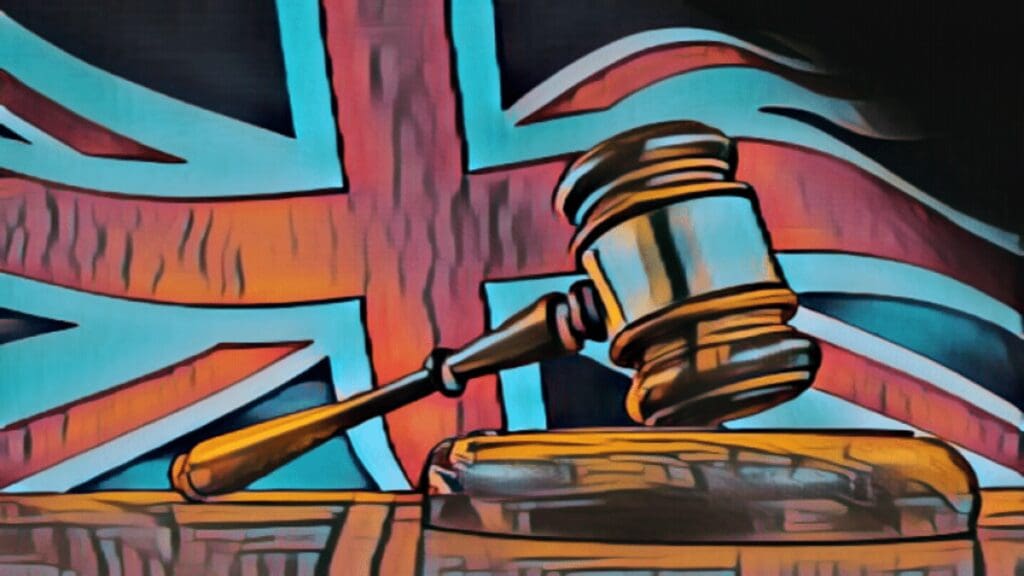The United Kingdom (UK) has introduced a significant legislative change, officially recognizing cryptocurrency and other digital assets as personal property. On September 11, the government unveiled the “Property (Digital Assets) Bill,” which now classifies assets like Bitcoin, non-fungible tokens (NFTs), and carbon credits as personal property under British law. This marks a pivotal moment in how the UK handles digital assets within its legal framework, as the UK legalizes cryptocurrency as personal property.
Crypto Now Recognized as Property in the UK
Cryptocurrency and other digital holdings have long existed in a legal grey area in the UK. Previously, there was no clear legal status for digital assets, making it difficult to address issues like fraud, theft, or disputes. The new bill clarifies the status of digital assets, confidently establishing them as personal property. This new clarity came as UK legalizes cryptocurrency under personal property law.
According to the government’s statement, this law provides stronger protection for individuals and businesses owning Bitcoin and other digital assets. With this legislative clarity, owners now have a legal framework to safeguard their assets from interference or theft, as well as to pursue legal action in cases of fraud.
Implications for Legal Disputes and Settlements
The new legislation is expected to significantly impact legal disputes involving digital assets. It provides judges with a clearer framework for handling cases where digital assets play a role in disputes, such as divorce settlements or inheritance cases. By treating digital assets as personal property, the legal system can now address these assets with the same clarity as tangible property or financial holdings. Under this framework, since the UK legalizes cryptocurrency as personal property, legal proceedings can be more straightforward.
UK Justice Minister Heidi Alexander highlighted the importance of this legal update, emphasizing that the law needs to keep pace with technological advancements. “This legislation ensures the UK remains at the forefront of the digital asset sector while offering greater legal clarity in complex cases involving crypto assets,” she said.

In 2023, the Ministry of Justice recommended classifying digital assets as personal property under the laws of England and Wales, despite not fitting traditional property categories.
This legal recognition will strengthen the UK’s position as a global leader in the digital asset space, especially as the UK moves forward to legalize cryptocurrency as personal property.
Also Read: UK Regulator Reports 87% of Crypto Firms Fail to Meet Registration Standards
Concerns Over Potential Government Control
Despite the positive reception, some have voiced concerns about the broader implications of this legislation. Several critics on social media have raised the issue of increased government control over digital assets, particularly regarding taxation or seizure. As digital assets are now classified as personal property, there is a risk that the government will use this classification to impose taxes or other kinds of restrictions on those investments. Since the UK legalizes cryptocurrency as personal property, critics worry about further regulation impacts.
The Labour government, which has already outlined plans for broad tax increases, may soon decide whether to extend these measures to digital assets. While this remains speculative, the classification of crypto as property could pave the way for more significant government involvement in this sector.
Industry experts are optimistic that stablecoin regulations will be finalized by the end of 2024. This will help the UK solidify its role as a leader in the cryptocurrency space.
Also Read: Crypto Tax Blues? Learn How To Turn Losses Into Opportunities In The US, UK, And Canada












Discussion about this post